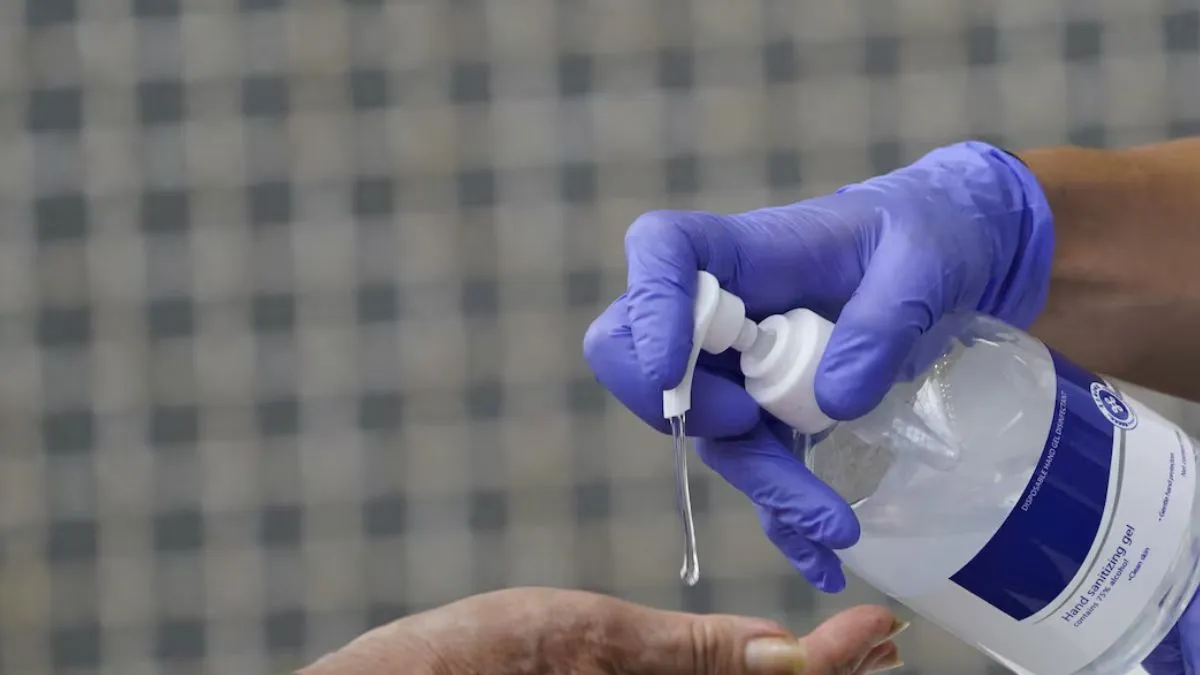- By Shivangi Sharma
- Tue, 21 Oct 2025 04:33 PM (IST)
- Source:JND
The European Union is considering classifying ethanol, a key ingredient in many hand sanitisers, as a dangerous substance due to potential cancer risks, according to a report by the Financial Times on Tuesday. This move has raised questions about the future of alcohol-based disinfectants, which became essential during the COVID-19 pandemic.
An internal recommendation issued on October 10 by one of the working groups within the European Chemicals Agency (ECHA) flagged ethanol as a toxic substance, stating it may increase the risk of cancer and pregnancy complications. The report suggested that ethanol should eventually be replaced in cleaning and other products if confirmed as hazardous.
The ECHA’s Biocidal Products Committee is scheduled to meet between November 25 and 28 to review the findings. If the committee concludes that ethanol is carcinogenic, it would recommend its substitution. The final decision rests with the European Commission, which could permit limited use based on exposure levels or lack of safer alternatives. No final decision has yet been made.
ALSO READ: 'Never Trust Indians': Trump Nominee's Racist Texts Spark Outrage, Target Vivek Ramaswamy And MLK Jr
Ethanol’s Role In Public Health
Ethanol has long been recognised for its effectiveness in killing viruses, bacteria, and fungi. It is widely used not only in hand sanitisers but also in hospitals, food production, and everyday cleaning products. Alcohol-based disinfectants have been included on the World Health Organisation’s list of essential medicines since the 1990s, highlighting their critical role in infection prevention.
During the pandemic, ethanol-based hand rubs became indispensable for public hygiene. Studies indicate that hand hygiene alone, especially with alcohol-based rubs, prevents millions of infections globally each year. According to FT sources, “Healthcare-associated infections kill more people every year than malaria, tuberculosis, and AIDS combined. Hand hygiene, especially with alcohol-based hand rub, saves 16 million infections worldwide per year.”
Challenges In Finding Alternatives
If ethanol is restricted, alternatives such as isopropanol may be considered, though these chemicals are even more toxic. Frequent handwashing with soap, another alternative, is time-consuming and can damage the skin. Research has shown that nurses spend up to 30 minutes of every hour of surgery washing their hands without disinfectants.
Nicole Vaini, EU affairs director of the International Association for Soaps, Detergents, and Maintenance Products, questioned the scientific basis of the internal report, which has not yet been publicly released.

